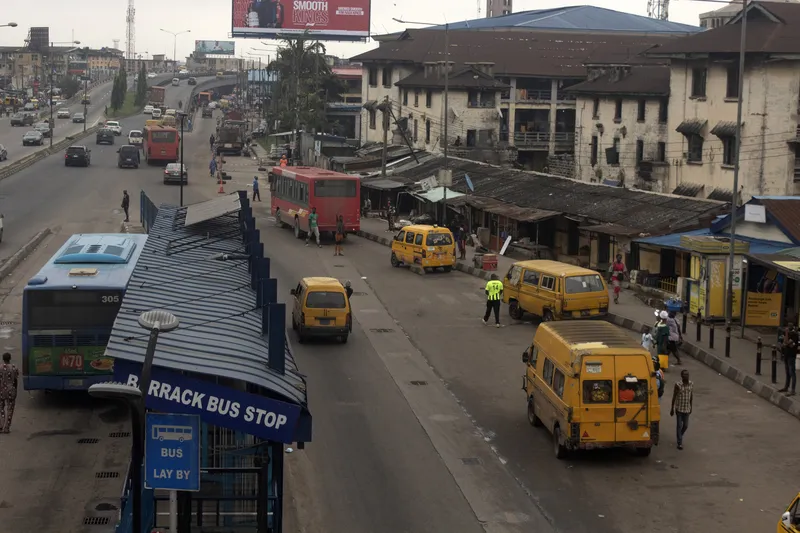Mobility-as-a-service company MaaS Finland commenced operations on 1 February with funding from private investors and the Finnish Funding Agency for Technology and Innovation Tekes.
Other investors are Transdev, a French transportation organisation, Karsan Otomotiv Sanayii and Ticaret, a Turkish car-industry company. Other shareholders include InMob Holdings of Cyprus; Neocard; Korsisaari; GoSwift; MaaS Australia; Goodsign; IQ Payments; and Delta Capital Force. MaaS Finland founder Sampo Hietanen holds a
February 9, 2016
Read time: 2 mins
Mobility-as-a-service company MaaS Finland commenced operations on 1 February with funding from private investors and the Finnish Funding Agency for Technology and Innovation Tekes.
Other investors are Transdev, a French transportation organisation, Karsan Otomotiv Sanayii and Ticaret, a Turkish car-industry company. Other shareholders include InMob Holdings of Cyprus; Neocard; Korsisaari; GoSwift; MaaS Australia; Goodsign; IQ Payments; and Delta Capital Force. MaaS Finland founder Sampo Hietanen holds a ten percent stake in the company.
Sampo Hietanen, MaaS Finland’s CEO and the original developer of the concept, has set himself the goal of reshaping the world’s transportation markets.
He says MaaS Finland intends to serve as an operator between transport services providers, users and third parties. It will combine all the existing transport services into a single mobile application on the ‘single-ticket principle’ and offer personalised transport plans tailored to customer needs.
“Digitisation will reshape the transportation industry. Our goal is to form a ‘Finnish Netflix’ in transportation and change the way people use transport services. In a couple of years, MaaS will either be Finland’s new Nokia and a major employer or I’ll be out of work,” remarks Hietanen.
The Government’s ambition is to turn Finland into a pioneer of smart digitized transportation and make it a major export product.
“We need to seize this opportunity and move ahead quickly before somebody else beats us to it with a competing concept,” warns Hietanen.
ITS Finland estimates that by 2020, the new transport services could give work to 20,000 people in Finland.
Other investors are Transdev, a French transportation organisation, Karsan Otomotiv Sanayii and Ticaret, a Turkish car-industry company. Other shareholders include InMob Holdings of Cyprus; Neocard; Korsisaari; GoSwift; MaaS Australia; Goodsign; IQ Payments; and Delta Capital Force. MaaS Finland founder Sampo Hietanen holds a ten percent stake in the company.
Sampo Hietanen, MaaS Finland’s CEO and the original developer of the concept, has set himself the goal of reshaping the world’s transportation markets.
He says MaaS Finland intends to serve as an operator between transport services providers, users and third parties. It will combine all the existing transport services into a single mobile application on the ‘single-ticket principle’ and offer personalised transport plans tailored to customer needs.
“Digitisation will reshape the transportation industry. Our goal is to form a ‘Finnish Netflix’ in transportation and change the way people use transport services. In a couple of years, MaaS will either be Finland’s new Nokia and a major employer or I’ll be out of work,” remarks Hietanen.
The Government’s ambition is to turn Finland into a pioneer of smart digitized transportation and make it a major export product.
“We need to seize this opportunity and move ahead quickly before somebody else beats us to it with a competing concept,” warns Hietanen.
ITS Finland estimates that by 2020, the new transport services could give work to 20,000 people in Finland.










